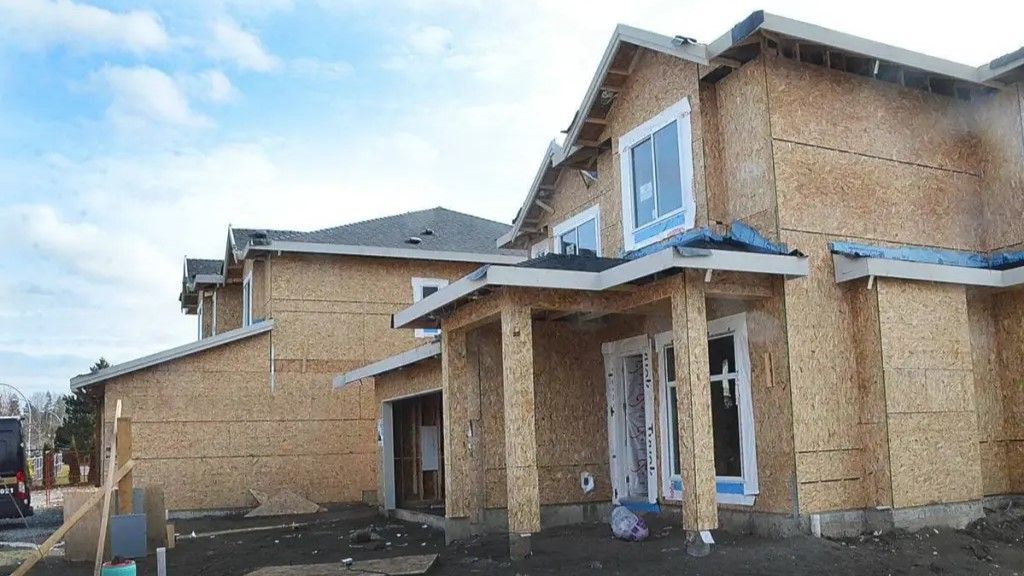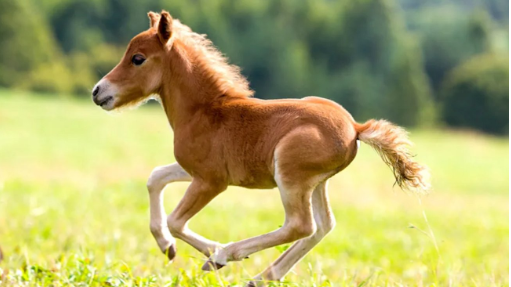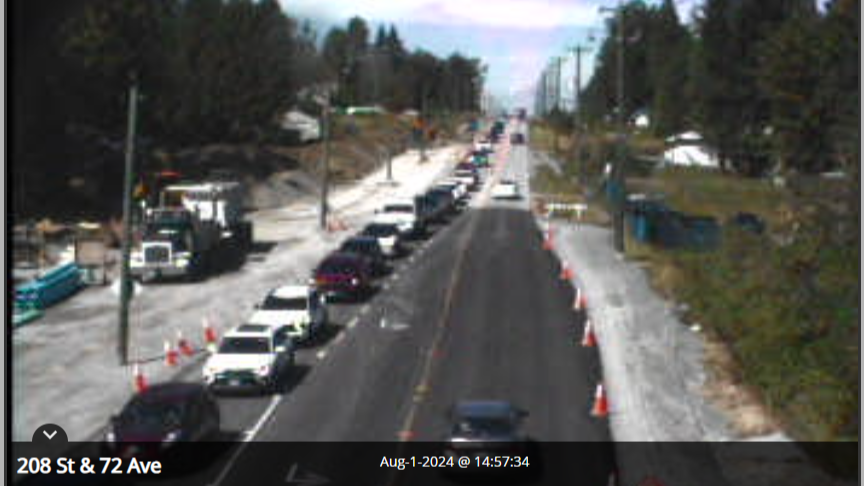B.C.'s homeowner grant threshold raised as property values increase
CTV News • January 13, 2022

Homeowners in British Columbia whose property is valued at just under $2 million will still be eligible for the annual homeowner grant.
The provincial government announced Wednesday it has raised the grant threshold to $1.975 million for this year.
The government says in a news release that the new cap will ensure 92 per cent of residential properties are covered, lowering the amount of taxes people pay on their principal residence.
The provincial government announced Wednesday it has raised the grant threshold to $1.975 million for this year.
The government says in a news release that the new cap will ensure 92 per cent of residential properties are covered, lowering the amount of taxes people pay on their principal residence.
Those who own and live in their homes in Metro Vancouver, the Fraser Valley and Capital Regional districts are eligible for the $570 basic grant, or up to $845 for those with a disability or who are 65 and older.
The basic grant for those in northern and rural areas is $770, or $1,045 for those who are disabled or over 65.
The B.C. assessment authority released property valuations this week, showing increases in almost every part of the province.
This report by The Canadian Press was first published Jan. 5, 2022.
The B.C. assessment authority released property valuations this week, showing increases in almost every part of the province.
This report by The Canadian Press was first published Jan. 5, 2022.







